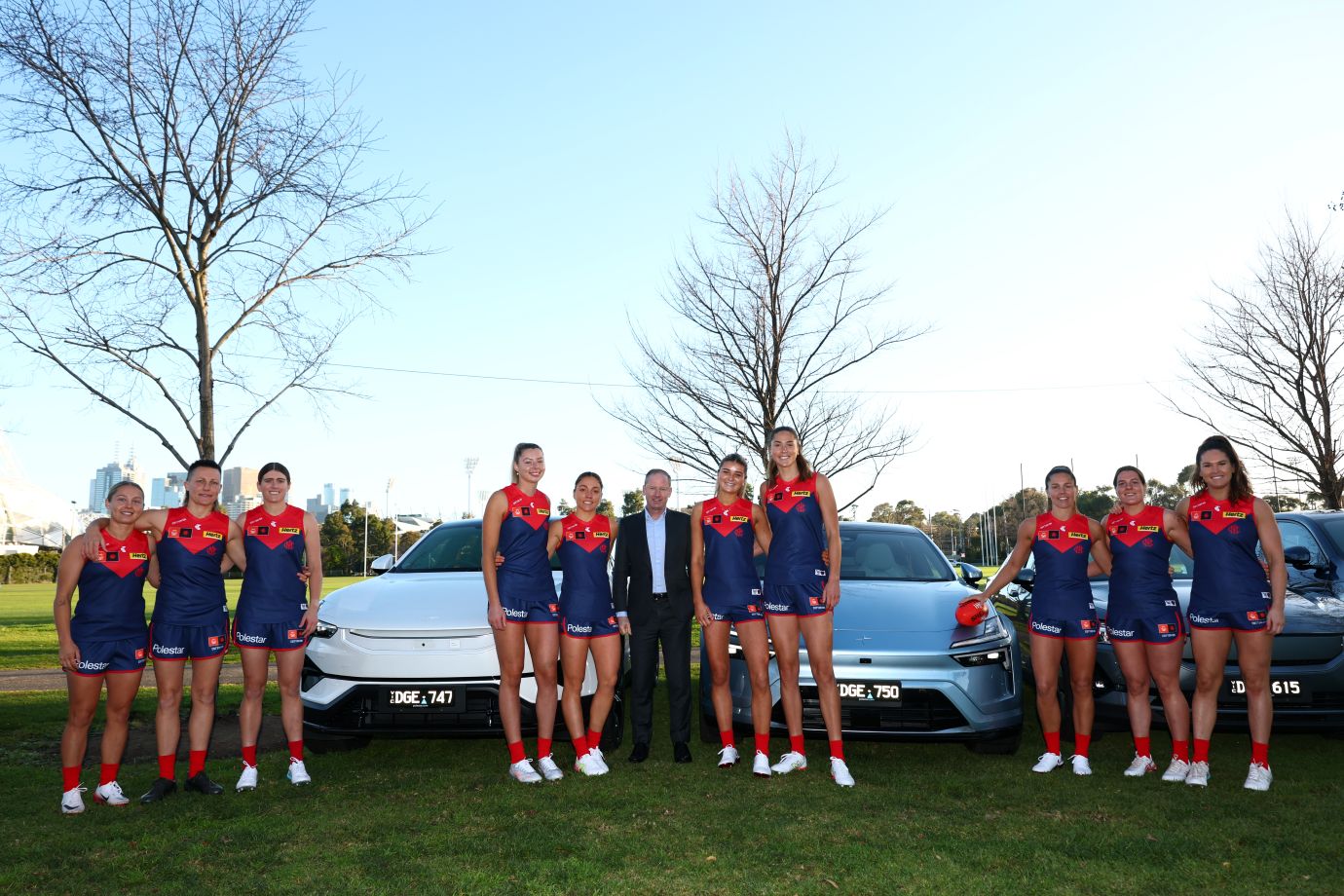New Zealand Rugby’s Private Equity Deal Meets NZRPA Setback

[mkdf_dropcaps type=”normal” color=”#f55549″ background_color=””]N[/mkdf_dropcaps]
ew Zealand Rugby (NZR) are set to announce the sale of a 12.5% stake to US-based private equity firm, Silver Lake.
In a statement, NZR chair, Brent Impey, said the deal “represents a transformational opportunity for our game.”
“The game has to change, and Silver Lake’s capital injection would allow us to re-imagine rugby and invest in the areas of the community game that need it most, particularly teenage and women’s rugby, and to create better and more engaging experiences for our fans,” Impey said.
The deal was unanimously approved by New Zealand’s 26 Provincial Unions and the New Zealand Maori Rugby Board, but has seen resistance from the New Zealand Rugby Players Association (NZRPA).
“We are thrilled that our Provincial Unions and the Maori Rugby Board have recognised the importance of private equity in driving commercial revenue and enabling investment to ensure rugby thrives and survives into the future,” Impey said.
“We hope the NZRPA will realise the significance of the opportunity in front of us and will continue to work toward an agreement…” he said.
In March, The New Zealand Herald reported it obtained the letter the NZRPA sent to NZR opposing the sale.
The letter reads: “the decision to not grant approval to the restructure and sale of a minority interest in New Zealand Rugby has been arrived at after careful consideration by the board of NZRPA.”
The board of NZRPA consists of three independent directors, one executive director and 10 player representatives, drawn from the All Blacks, the Black Ferns, the All Black Sevens, the Black Fern Sevens and the Super Rugby Franchises,” the NZRPA letter said.
Speaking to Newstalk ZB, NZRPA president, David Kirk, outlined the concerns of the association.
“The players are not asking for anything more than they currently have,” Kirk said.
“It’s really important to make that clear.
“There’s a mediation going on with New Zealand Rugby, and the players are not asking for any additional money in terms of the percentage of player-generated revenue that they take.
“There’s been a long-standing agreement and understanding between New Zealand Rugby and the players about what percentage of money needs to be set aside for the players, to keep our best players in New Zealand… no one’s proposing any change to that.
“What’s changed is that because New Zealand Rugby is selling 12.5 per cent of their revenue, because that makes the game unprofitable, New Zealand Rugby are looking to reduce the player’s share significantly in order to pay for, what we think, is a bad deal,” he said.
Speaking with Radio New Zealand, former chief executive of New Zealand Rugby, David Moffett, voiced his concern over the deal.
“(Silver Lake) are not going to pump a whole lot of money into New Zealand Rugby without expecting a return so I’m struggling to see how they can increase revenue return to NZR and ultimately themselves that New Zealand Rugby haven’t been able to do on their own,” Moffett said.
“If they don’t get the return they expect, they may very well say we want a bigger percentage and a bigger say,” he said.
“Because if they don’t get the return that has been worked out… then they will be looking at ways which they can and the first place they will look at is how many times can we get the All Blacks to play and where they can get them to play,” he said.
“But whether it’s now or in the future you will see the All Blacks playing more games and perhaps more meaningless games and that just devalues the greatest brand in rugby,” Moffett said.
NZR need the consent of the NZRPA before the deal can be made official.
It's free to join the team!
Join the most engaged community in the Sports Business World.
Get all the latest news, insights, data, education and event updates.






